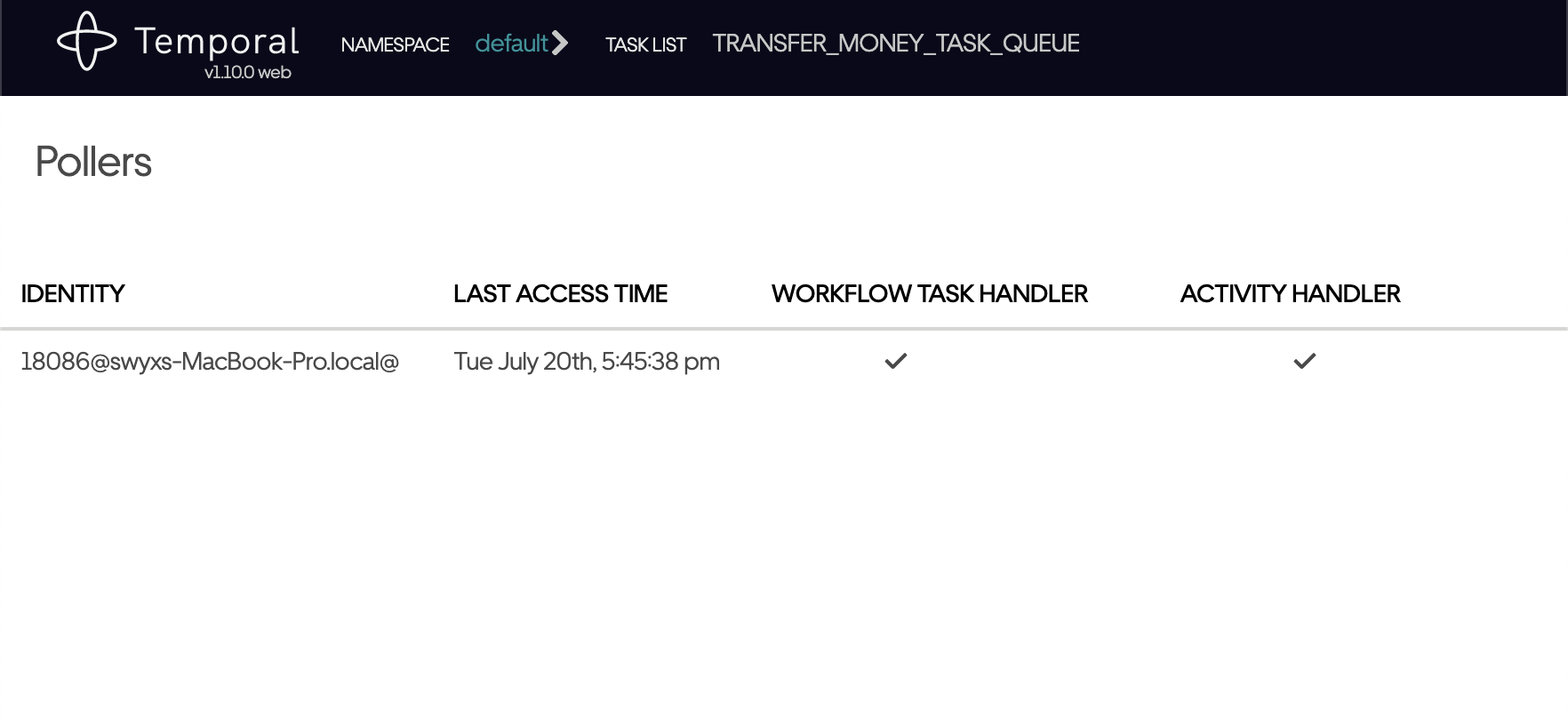Jet Template Engine for Go
Jet is a template engine developed to be easy to use, powerful, dynamic, yet secure and very fast.
- simple and familiar syntax
- supports template inheritance (
extends) and composition (block/yield,import,include) - descriptive error messages with filename and line number
- auto-escaping
- simple C-like expressions
- very fast execution – Jet can execute templates faster than some pre-compiled template engines
- very light in terms of allocations and memory footprint
v6
Version 6 brings major improvements to the Go API. Make sure to read through the breaking changes before making the jump.
Docs
- Go API
- Syntax Reference
- Built-ins
- Wiki (some things are out of date)
Example application
An example to-do application is available in examples/todos. Clone the repository, then (in the repository root) do:
$ cd examples/todos; go run main.go
IntelliJ Plugin
If you use IntelliJ there is a plugin available at https://github.com/jhsx/GoJetPlugin. There is also a very good Go plugin for IntelliJ – see https://github.com/go-lang-plugin-org/go-lang-idea-plugin. GoJetPlugin + Go-lang-idea-plugin = happiness!
Contributing
All contributions are welcome – if you find a bug please report it.
Contributors
- José Santos (@jhsx)
- Daniel Lohse (@annismckenzie)
- Alexander Willing (@sauerbraten)

